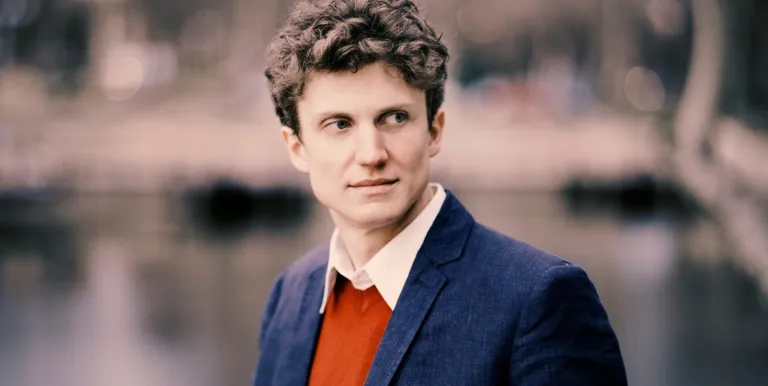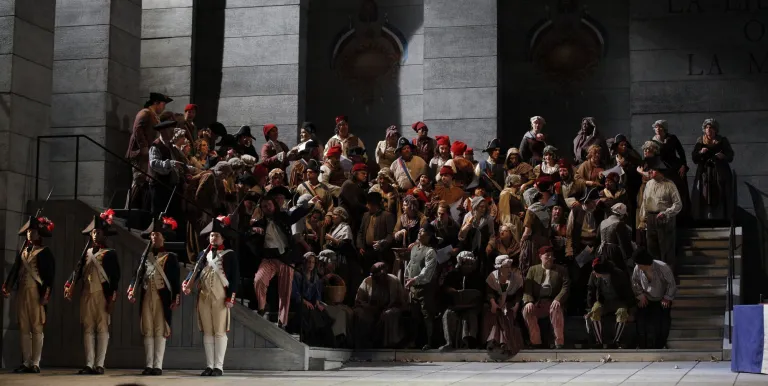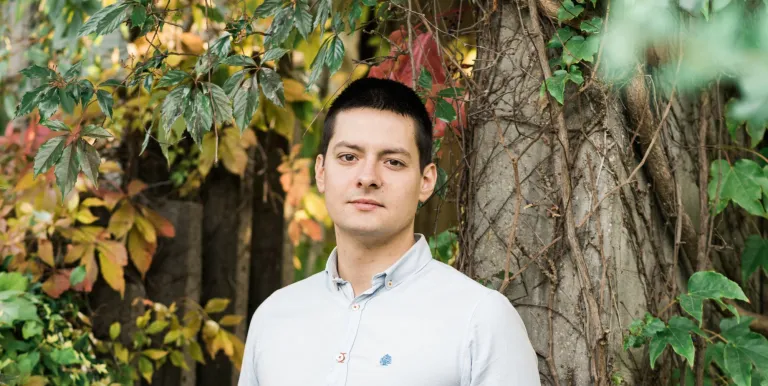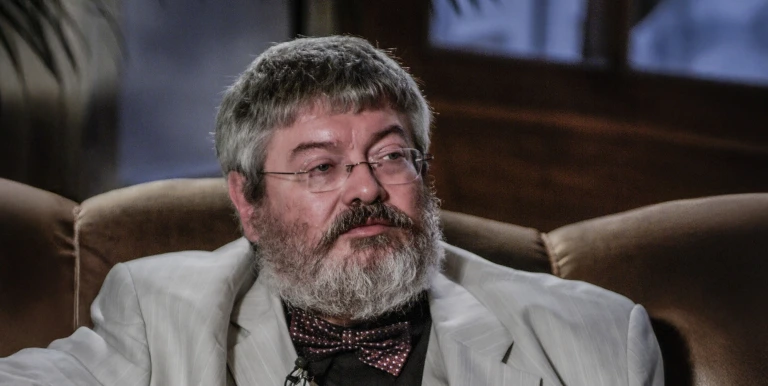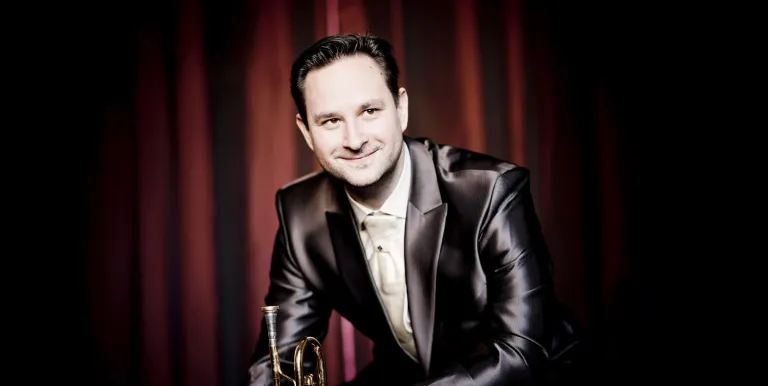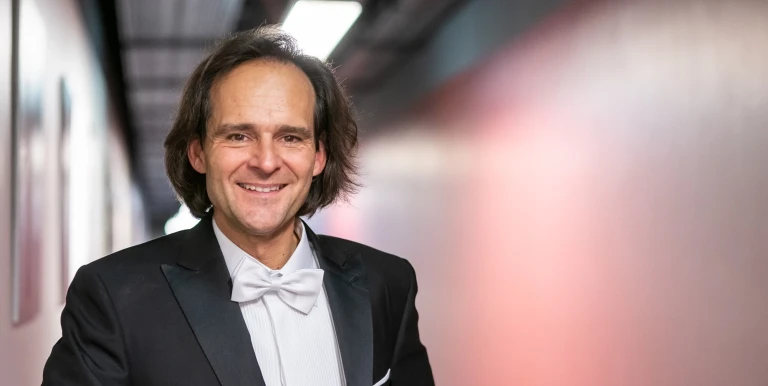Conductor:
Featuring:
Liszt
Mephisto Waltz No. 1
Liszt
Piano Concerto No. 1 in E-flat major
We would like, even during this extraordinary situation, for the Müpa Budapest audience to still be able to encounter the world's most outstanding and thrilling artists each evening - this time in their own homes. It is precisely for this reason that we will open Müpa Budapest's virtual concert hall and auditoriums - each night at the familiar times - by providing access to a single unforgettable performance from past years.
The performance will be broadcasted on our website and YouTube channel.
Franz Liszt approached his work as a composer with a Faustian temperament and as a constant struggle, and it is deeply typical of him that one of the chief works of his life is the Faust Symphony - with the Faustian outlook also present in other works of his, such as the Piano Sonata in B minor. So it is little wonder that the Mephisto Waltz No. 1 is also being included in the programme of Müpa Budapest and the Budapest Festival Orchestra's joint Liszt-Berlioz Marathon. The Piano Concerto No. 1 in E-flat major, the longer work in this concert's programme, is no less emblematic, as Liszt used the revolutionarily innovative piece to reform the genre of the concerto.
Liszt was vividly preoccupied with the expression of the character of Mephistopheles, as shown by the fact that he wrote four Mephisto waltzes, the first of which is also known for its orchestral and four-handed versions. Both the piano versions and the orchestral work date from the years around 1860. The title of the movement is 'Der Tanz in der Dorfschenke' ('Dance in the Village Inn'). It was not Goethe's Faust that inspired Liszt, but rather Nikolaus Lenau's version of the story - which is indicated in the subtitle: 'Scene from Lenau's Faust'. The start of the extraordinarily virtuosic piece is strikingly modern with empty harmonies: for a few measures one could even believe one is listening to 20th-century music.
Dedicated to Berlioz, the E-flat major piano concert spent a quarter of a century maturing between the drafting of the initial outlines around 1830 until its 1855 première. Two exciting innovations of this work that demands witchlike virtuosity are the uninterrupted flow between each of the four movements and the compositional way of thinking based on the transformations of a single theme.
Zoltán Fejérvári, the internationally acclaimed musician who will be performing both works, is one of the brightest stars of the young generation of Hungarian pianists. Taking the helm of the storied MÁV Symphony Orchestra will be Israeli conductor Daniel Boico, who has directed the ensemble since the 2019/20 season.
Recording date: 5 February 2021
Presented by: Budapest Festival Orchestra, Müpa Budapest

